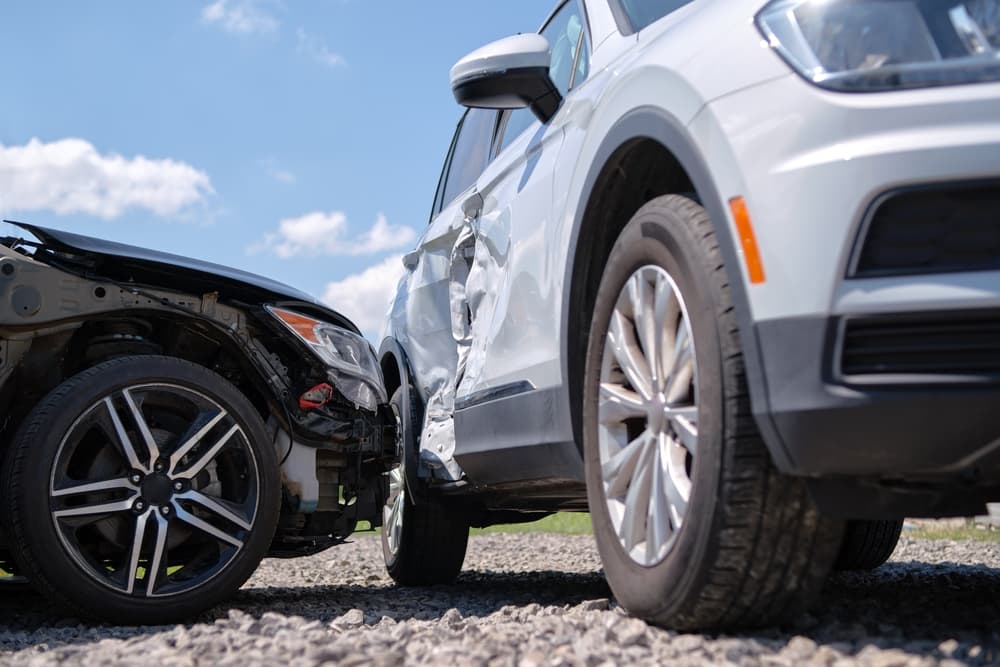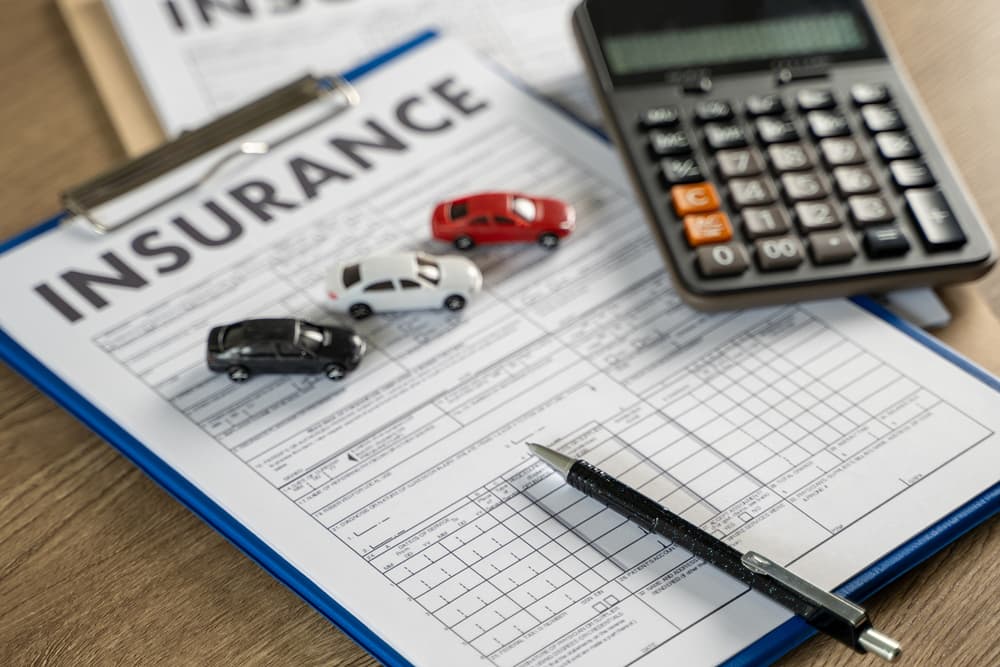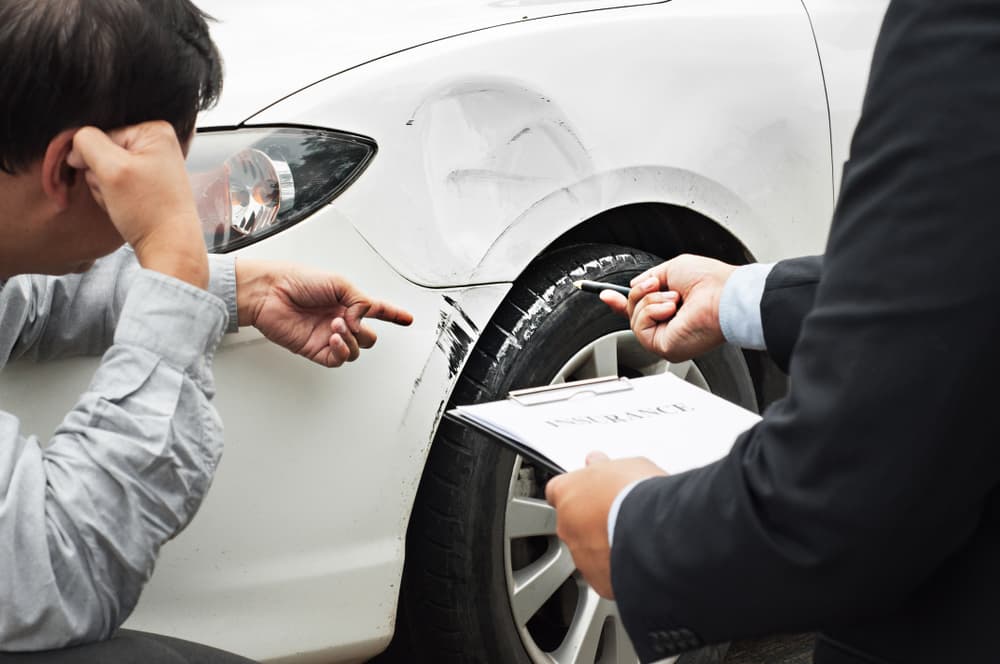Who is liable when the at-fault driver was borrowing the vehicle? Car crashes are common; if another driver injures you, it’s typical to file a claim against that driver’s auto insurance. But things can get more complicated when the driver wasn’t the vehicle’s owner. This scenario can affect who is responsible and how you pursue the compensation you deserve for your injuries and losses.
Understanding who pays when the at-fault driver doesn’t own the vehicle is easier when you hire a car accident attorney to represent you. A car accident lawyer will ensure the correct party is held accountable and that you are fully compensated for your accident injuries.
After receiving medical treatment for your injuries, never delay consulting a car accident attorney who can assess liability in your case.
What Is Permissible Use?
In most states, the general rule is that if the negligent driver was using the vehicle with the owner’s permission, the owner is probably liable for accident damages. The insurance policy usually follows the car, not the driver. This is known as the permissible use legal doctrine.
Permissible use is an important legal concept when someone other than the vehicle owner causes an accident and injures others. Many state laws require that if a car owner gives express or implicit permission for another party to use their car, the vehicle owner is liable for damages in an accident. Compensation usually comes from the owner’s auto insurance, the first source of compensation for the accident victim.
That said, liability coverage for car owners has limits. For example, Florida's minimum insurance laws state that vehicle owners who loan their car to someone else can be liable for up to $100,000 per person and $300,000 per incident for bodily injury, along with $50,000 for property damage caused by the driver who borrowed the car.
If the person who borrowed the motor vehicle has no insurance or a policy providing less than $500,000 in property damage and bodily injury liability coverage, the vehicle owner can be found liable for up to $500,000 in additional economic damages when the permitted user of the car causes an accident.
In these situations, you need to work with a car accident lawyer who will explore all possible avenues for compensation when insurance limits are insufficient to cover your losses.
Is The Car Owner Always Liable For Damages?

There are exceptions in many state laws regarding owner liability when another party causes injuries while using the owner’s vehicle. In some states, the vehicle owner may be excused from financial liability for an accident caused by another driver:
- If the driver did not have permission from the vehicle owner to drive. For example, if the car was stolen, the owner isn’t liable for damages.
- The owner may not be liable if the driver had permission to use the car but used it beyond the agreed-upon purpose. For instance, suppose a friend had permission to use a vehicle but then used it to commit a crime, and a crash with injuries occurred. The owner may not be liable in this case.
- Commercial vehicle owners, such as tractor-trailers, usually have contracts or insurance policies that eliminate their liability if a non-authorized party uses the vehicle and causes an accident. An example might be when an employee lets a friend use their employer’s delivery truck. The company may not be liable if the unauthorized driver causes a car accident.
- If the at-fault driver has insurance covering the accident's damages, the vehicle owner may not be liable for injuries. Therefore, the vehicle owner may not be liable if you only have $10,000 in damages, and the at-fault driver’s policy can pay.
When The Vehicle Owner Can Be Liable
There are also cases where the vehicle owner might be 100 percent liable for damages caused by your accident. Common examples include:
- The car owner is the at-fault party’s employer. If the at-fault driver who injured you was the employee of the owner and was working at the time of the crash, the legal principle of respondeat superior may apply. The at-fault driver’s employer may be liable for the worker’s negligence. However, the at-fault driver must have worked for the respondeat superior doctrine to apply during the accident. A common example is a delivery driver injuring someone while performing their work duties.
- The car owner loaned the car to someone without a license. If the car owner knowingly loaned the vehicle to someone without a license, this is independent negligence, and the vehicle owner is probably liable.
- The vehicle owner loaned a vehicle with known defects. Lending a car with known hazards to another driver may also be considered independent negligence. For example, the owner may be fully liable if they loaned their car to someone, knowing the brakes were failing.
Any accident with injuries where the driver isn’t the vehicle owner can lead to complicated liability scenarios. It’s wise to retain a car accident attorney if another party injured you but wasn’t the vehicle's owner. Your car accident lawyer will immediately investigate who is to blame and who is liable for your injuries.
What Are Potential Paths For Accident Compensation?

A car crash involving a driver who isn’t the owner usually involves several possible paths for compensation. You can file a third-party insurance claim, a claim for loss of use, or even an uninsured driver claim. A car accident attorney is important in such a complex case to pinpoint the best way to maximize your compensation:
- You may file a claim against the liable driver, vehicle owner, or both. Your personal injury attorney may file a claim against the liable driver, the owner, and possibly both. A lawyer will determine who is liable and which insurance policy should pay. More than one insurance policy may pay, leading to more money depending on your damages.
- You may file a claim against someone else. Another party can be liable if a government or commercial vehicle were involved in the crash. For example, a trucking company can be responsible if a driver injures you using their vehicle.
- You may file an uninsured driver claim. The liable driver might not have auto insurance. In that case, you might file an uninsured driver claim on your policy. Your lawyer can assist with your uninsured driver claim, helping you get money for medical bills and lost earnings.
- You may file a loss of use claim. If your car has severe damage and can’t be driven, you can receive money for loss of use. This can cover the cost of renting a car or taking the bus while your vehicle is repaired or replaced.
There are many potential avenues for compensation when the at-fault driver isn’t the vehicle owner. Determining which path is best and securing compensation isn’t easy. You should have a car accident attorney review your case and lay out your legal options.
What If You Borrowed Someone’s Car?
If you are in an accident driving a friend’s car with permission, the owner will probably have to pay for the damages and injuries. This usually includes medical bills, property damage, and lost earnings. The other driver is probably liable if you didn’t cause the crash.
If another person caused the crash while you were driving a friend's car, but they are uninsured, the owner of the borrowed vehicle usually has to pay. Uninsured motorist coverage may play an important role in this case.
What If The Insurance Company Won’t Cover Your Damages?

It’s common for the liable insurance company to refuse to cover damages when another driver causes an accident in a borrowed car. It doesn’t mean you won’t get compensation. Auto insurance companies can balk, but they don’t get the final word on covering a claim.
In this situation, you should always contact a car accident attorney immediately. A car accident lawyer can attempt to negotiate with the insurance company to pressure them to pay the claim. Otherwise, an attorney can file a personal injury lawsuit against the insurance company and the liable driver. Your car accident attorney will ensure that a jury hears your side of the story.
It is unwise to deal with a reluctant insurance company when the at-fault driver doesn’t own the vehicle. The insurance company will make your life more stressful when you need it least. A car accident attorney should fight the battle, not you.
What If A Parent Gives Their Child Permission To Drive?
Suppose you’re injured in an accident by a teen driver who had their parents’ permission to drive the car. The negligent entrustment theory states that the parent can be liable for damages caused by their young driver. Also, in many states, if the parent buys a vehicle for family use, whoever owns it can be liable for the negligent acts of anyone driving the car.
How Is Fault Determined In A Car Accident?
So far, we have shown that the vehicle owner may be liable if a friend or family member drives the car and gets in an accident. But how is a car accident fault determined?
Many states, including Florida, use common law negligence to determine fault. This means that any party in the crash can be found liable if the evidence proves they failed to use reasonable care while driving.
Florida comparative negligence laws also allow injured crash victims to bring a claim against a negligent driver even if the victim was partially at fault for the crash. As long as the person claiming injuries was 50 percent at fault or less, they can bring a legal claim for compensation against the other responsible parties. If someone is 51 percent or more at fault for the accident that caused their losses, they cannot bring an action.
Reasonable care means obeying all traffic laws and ensuring no one suffers an injury due to their driving. For example, vehicle drivers must obey the speed limit, never text and drive, and not drive recklessly. If they do and someone is injured, they can be liable for the resulting losses.
Your car accident attorney will review the crash evidence to determine who is likely at fault. Common accident evidence to determine fault includes:
- Eyewitness testimony. Crash witnesses are usually objective observers without a stake in the case outcome, so their statements are often critical to deciding liability.
- Video evidence: Any traffic or business surveillance footage recording the accident can be essential to prove fault.
- Crash evidence. Vehicle damages, tire marks, and other physical evidence may point to a particular party in the accident.
- Photos and videos of the accident scene. You or another party should try to take photos and videos of the accident scene before the affected vehicles are removed.
- Expert witness testimony from an accident reconstruction expert that your attorney hires.
How Long Does The Insurance Company Have To Decide Fault?
An auto insurance company must determine who is liable quickly after the crash. However, there is no specific timeline. The insurance company investigators can take as long as they need to review the evidence to determine liability. The process can take months, especially if several parties were involved in the crash.
An experienced car accident attorney can address this situation and safeguard your rights.
How Much Is Your Car Accident Claim Worth?

Claim values can vary widely. Everything depends on the factors of the case, including:
- Who caused the accident? If the liable driver is fully at fault, they or the vehicle owner may have to pay all of your damages. If another driver or entity is also to blame, you might receive money from several parties.
- How bad are your injuries? More severe injuries mean more medical bills. So, a severe injury with $100,000 in medical expenses is worth more than one with $5,000.
- How much insurance is available? Who caused the accident and owned the vehicle will affect how much insurance is available for your losses. There may be more than one liable insurance policy, meaning more money is available for a serious injury.
- The insurance company. Attorneys know that a particular insurance company may pay more for a specific injury than others. The liable insurance company may affect how much you receive in compensation.
- Your car accident lawyer. A skilled attorney with a stellar trial reputation may obtain more money for you than an unknown attorney.
Contact A Car Accident Attorney Today
Were you injured by another driver who borrowed the vehicle from friends or family? Fulfilling a claim against another driver can be confusing when someone else owns the vehicle. A car accident attorney can file the claim and ensure the liable party compensates you for your losses. Speak to a personal injury lawyer in your community today for free for more information. You will not have to pay out-of-pocket legal fees because personal injury attorneys are paid by contingency.